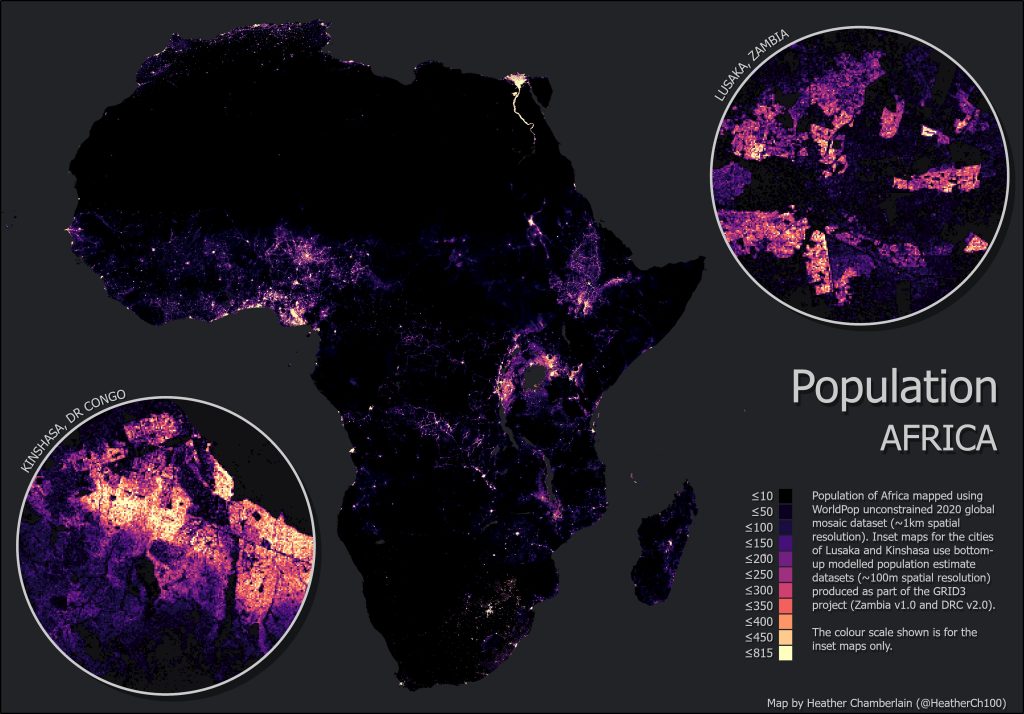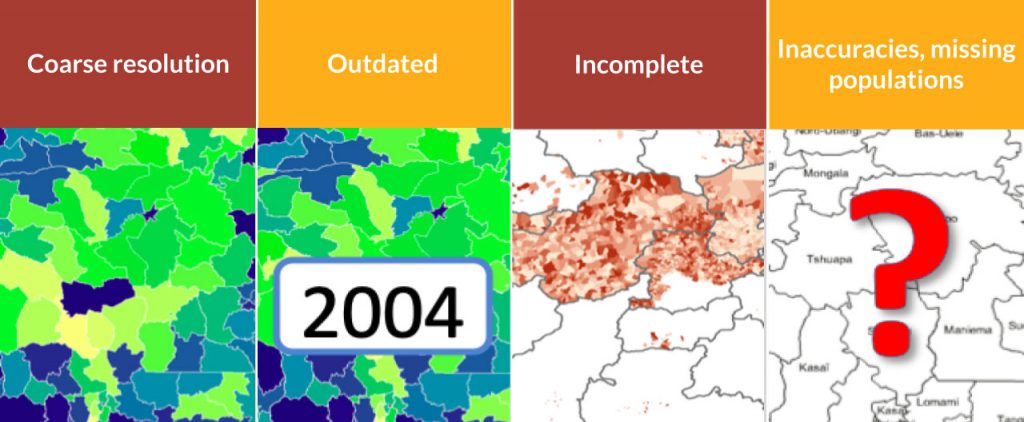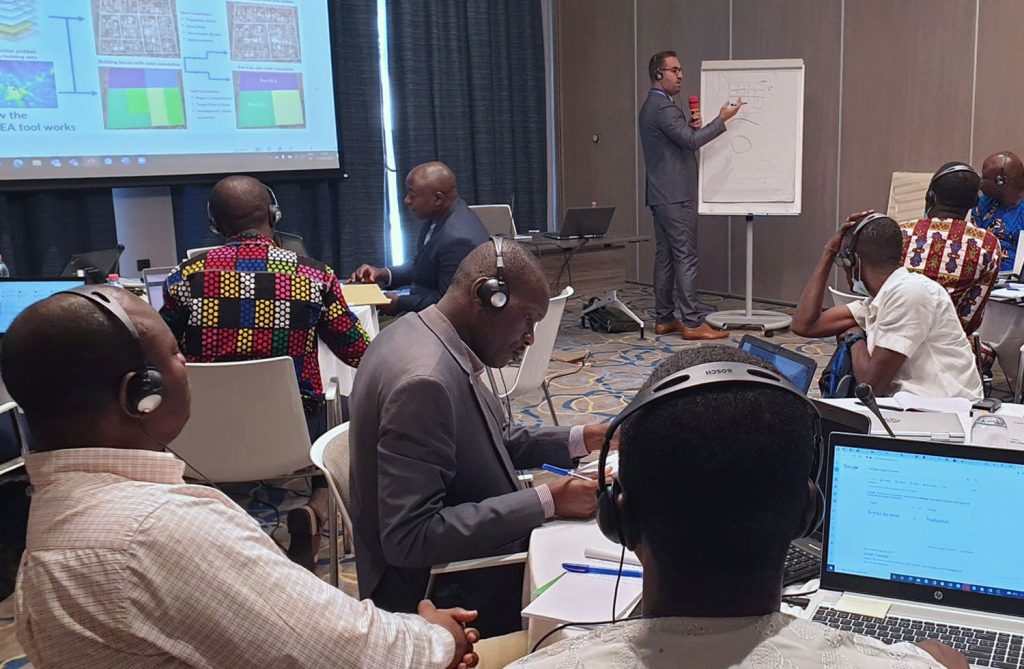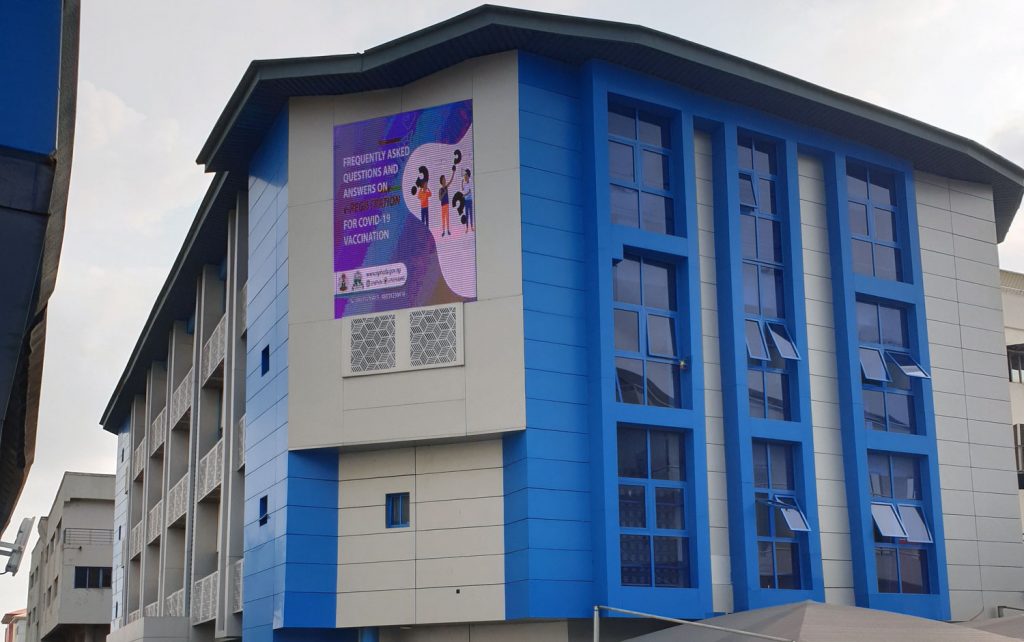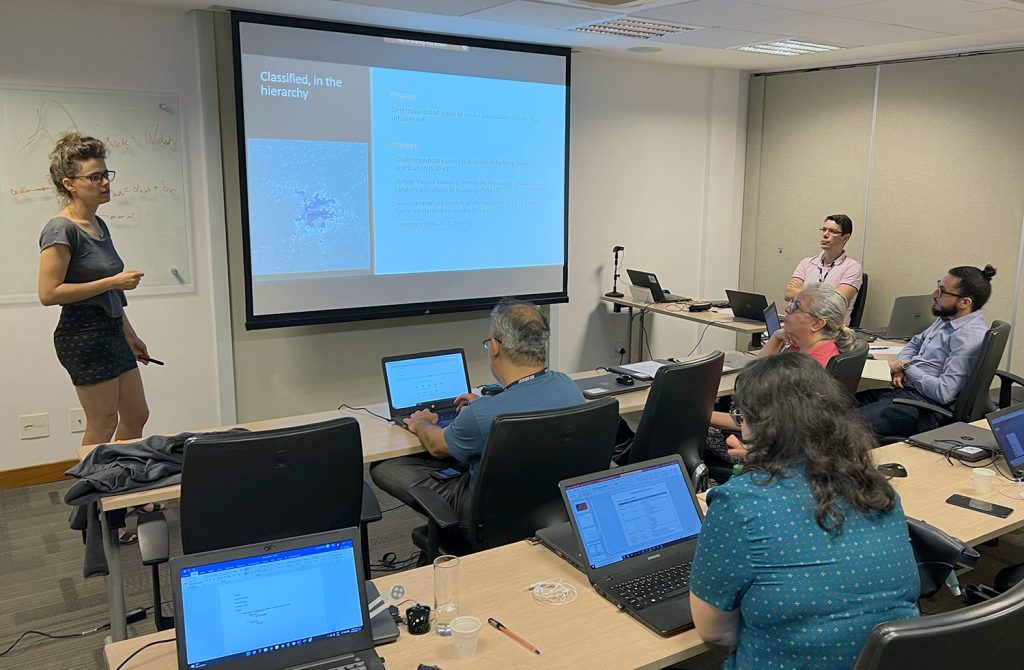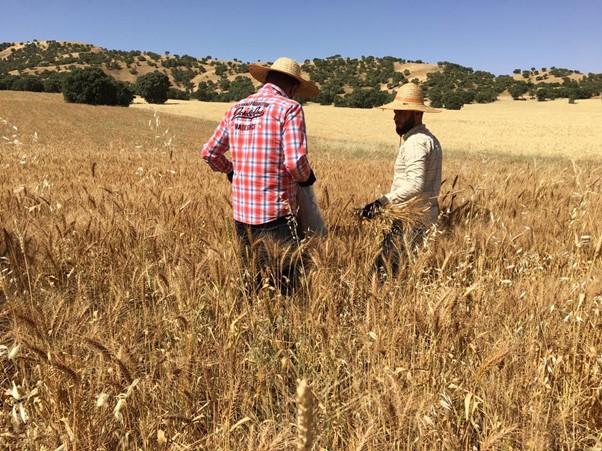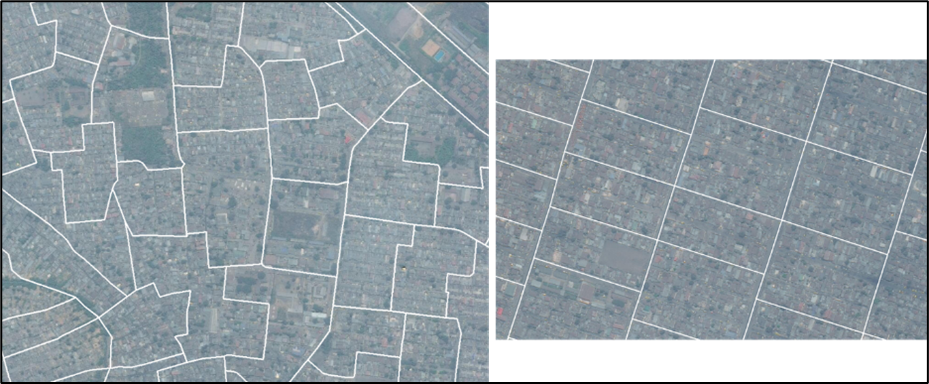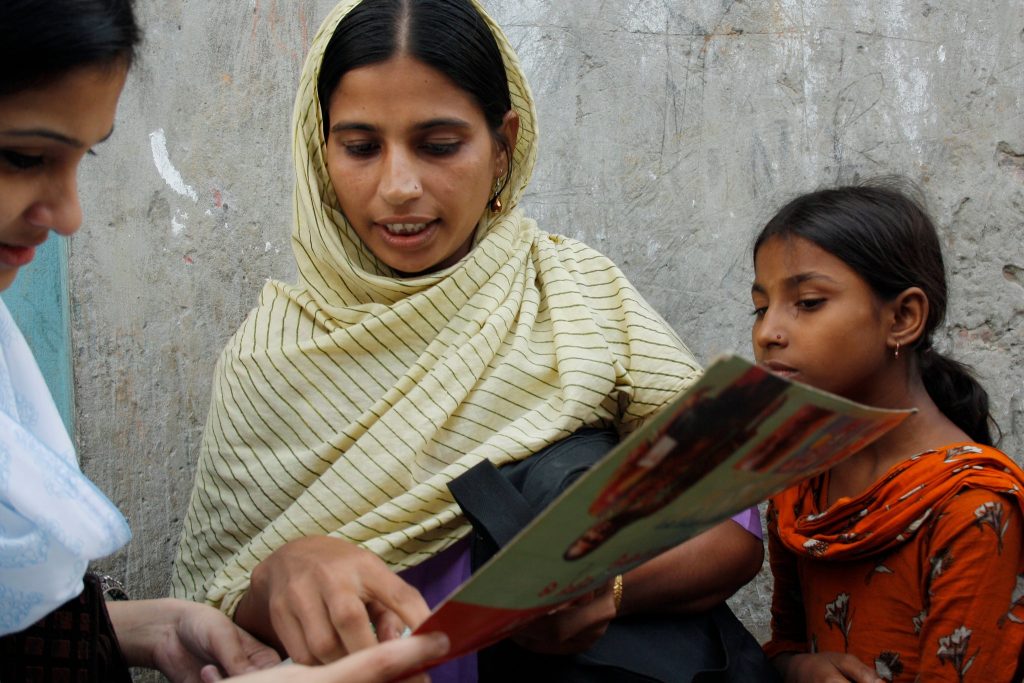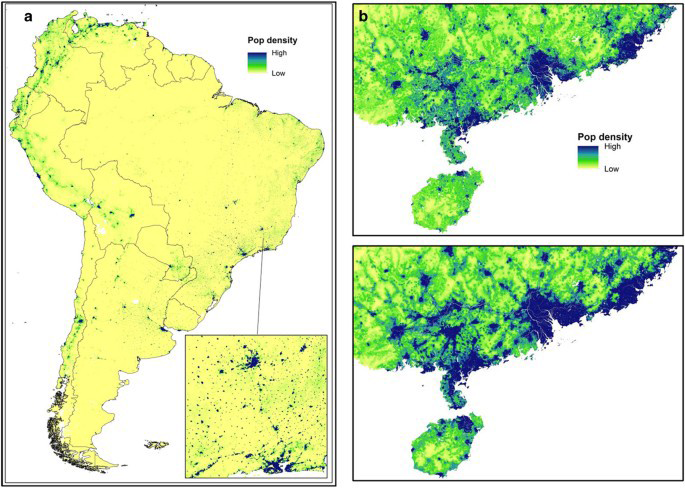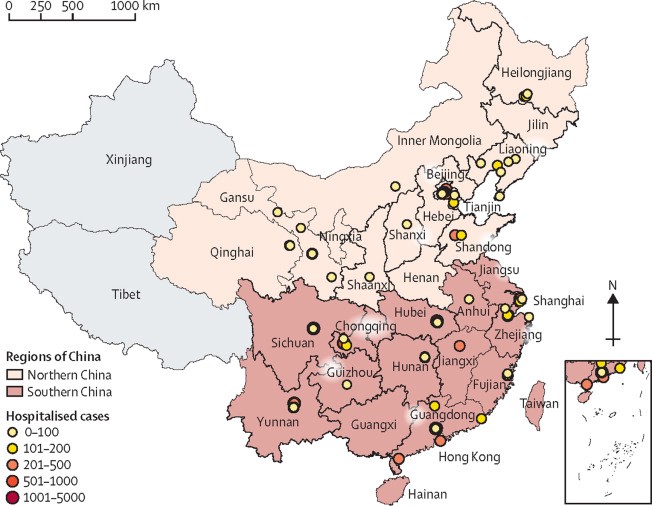WorldPop takes the #30DayMapChallenge
We are just a few days away from the start of the #30DayMapChallenge, which begins next Tuesday, 1 November. Initiated in 2019 by Finnish geographer and map designer Topi Tjukanov, this year we are sharing a variety of maps from across the WorldPop team. For each map we’ll try to share some information on the […]
WorldPop takes the #30DayMapChallenge Read More »

